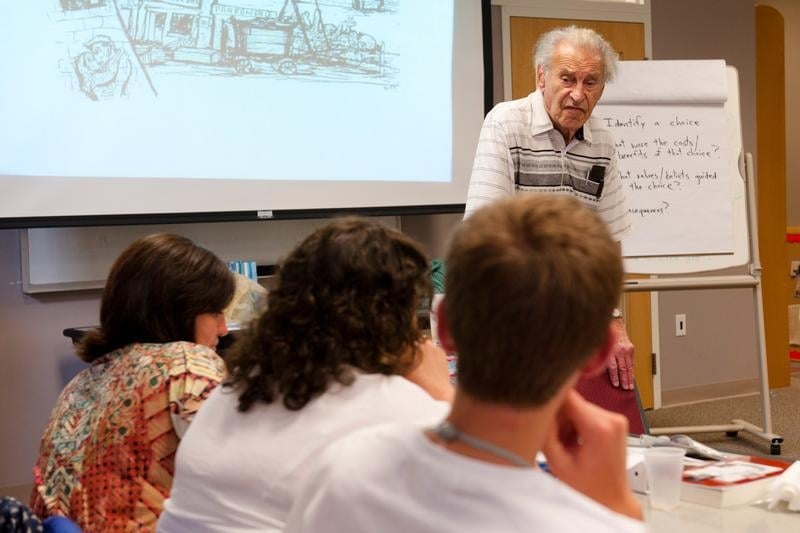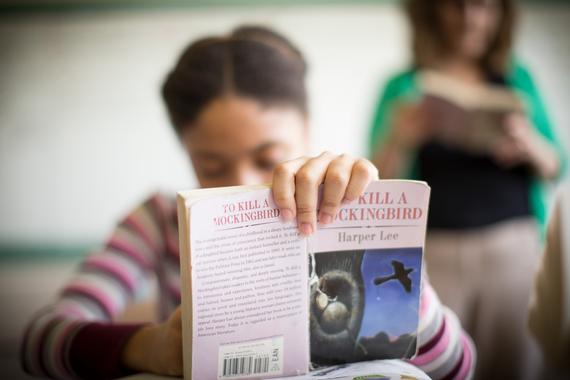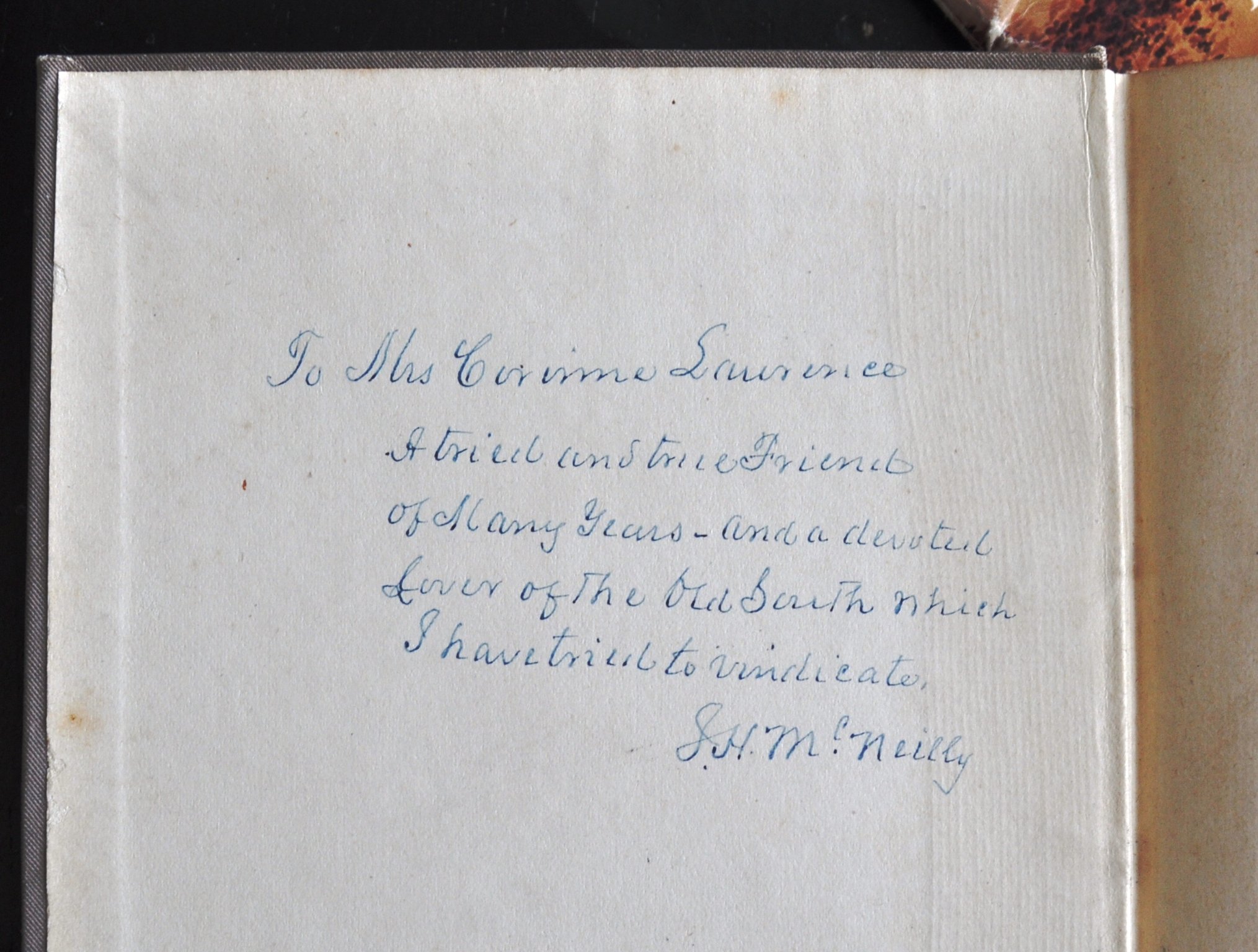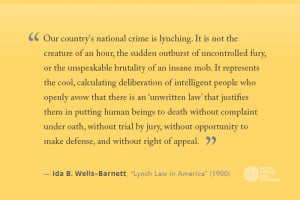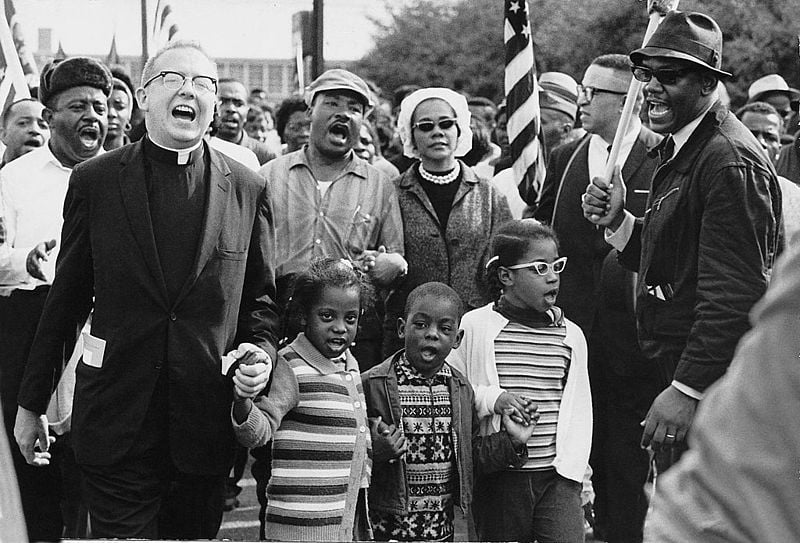Next week marks Yom HaShoah, or Holocaust Remembrance Day. While Yom HaShoah affords us the opportunity to honor the memory of those we lost during the Holocaust, it's also a time to commemorate and celebrate the vibrancy and diversity of the lives and communities decimated during this dark moment in history.
Topics: Classrooms, Art, Books, Online Tools, Benjamin B. Ferencz, Memory, Choosing to Participate, Facing History Resources, Teaching, Holocaust, Upstanders, Teaching Resources, Survivor Testimony, Video, History
In September 1939, just before the invasion of Poland and the beginning of the Nazi Holocaust, Adolf Hitler asked his generals, “Who today still speaks of the massacre of the Armenians?”
Topics: Armenian Genocide, Facing History Resources, Genocide/Collective Violence, Teaching Resources, History
How Can History of Lynching Help Us Understand Issues of Race and Justice in “To Kill a Mockingbird”?
Posted by Julia Rappaport on April 2, 2015
In a blog post up now on the New York Times Learning Network, Facing History and Ourselves Senior Program Associate Laura Tavares pairs an article about the recent report documenting the history of racial lynching in America with an excerpt of To Kill a Mockingbird
Topics: To Kill a Mockingbird, Professional Development, Facing History Resources, Teaching, Race and Membership, Teaching Resources, History
Four Resources to Teach About Genocide Awareness and Prevention
Posted by Julia Rappaport on March 30, 2015
Here are four classroom resources you can use in April, or any time of year, to introduce your students to specific moments in world history while encouraging them to consider the behaviors—such as prejudice, stereotyping, and conformity—that contribute to the proliferation of violence today.
Topics: Art, Books, Professional Development, Armenian Genocide, Facing History Resources, Holocaust, Genocide/Collective Violence, Teaching Resources, Video, History
Last week, the United States media reported on an event that took place at the University of California Los Angeles (UCLA).
A month ago, UCLA student Rachel Beyda put herself forward as a candidate for a student judicial board position. In the interview process, a student board member asked her, "Given that you are a Jewish student and very active in the Jewish community, how do you see yourself being able to maintain an unbiased view?"
Members of the board then debated her candidacy and her ability to be unbiased.
Topics: Antisemitism, Facing History Resources, Religious Tolerance, Holocaust, Teaching Resources, History
Topics: Classrooms, Civil Rights Movement, Professional Development, Teaching Strategies, Facing History Resources, Holocaust, Memoir, Teaching Resources, Video, History
A book recently came into my possession that has been tossed around in my family like a hot potato for several generations.
Entitled Religion and Slavery: A Vindication of Southern Churches, the book's author was James McNeilly, a Presbyterian minister and confederate veteran from Nashville, Tennessee. Inside the front cover is an inscription from the author to my great-great-great-grandmother.
"To Corinne Lawrence: A tried and true friend of many years—and a devoted lover of the Old South which I have tried to vindicate."
Topics: Books, Reconstruction, Memory, Facing History Resources, Memphis, Identity, Teaching Resources, History
Sam Hose. Thomas Moss. Elias Clayton. Keith Bowen. Jesse Thornton. William Little. Jeff Brown.
They are just seven names of thousands of black Americans murdered by lynching, many of which were included last week in a report from Bryan Stevenson's Equal Justice Initiative (EJI) that identifies victims of lynching between the end of Reconstruction in 1877 and 1950. It's a list that could go on for pages and, yet, still to this day remains incomplete.
The history of lynching remains widely unknown today, especially among many white Americans.
Topics: To Kill a Mockingbird, Reconstruction, News, Race and Membership, Teaching Resources, History
In the United States, Presidents’ Day is celebrated Monday. The national holiday offers an opportunity for valuable discussion in the classroom about the importance—and the fragility—of democracy now and throughout history. Here are four Facing History and Ourselves resources that can help you plan an exciting lesson.
Topics: Professional Development, Teaching Strategies, Democracy, Voting Rights, Choosing to Participate, Facing History Resources, Religious Tolerance, Teaching, Teaching Resources, History
Raising Ethical Children: Discussing the Film "Selma" with Young People
Posted by Dr. Steven Becton on February 6, 2015
It can be so very difficult to discuss race with our children.
The conversation is particularly complex when it's about some of our nation's not-so-proud moments.Rather than face such moments head-on, sometimes we instead seek to protect our children (and even ourselves) from the pain and shame of the past, and so we often gloss over physical, emotional, and psychological suffering in history to get to a more palatable, less troubling version of those events. Moments like 1965 in Selma, Alabama, too quickly become "the victory of voting rights" rather than the painful history of a tired, yet determined, African American community that stood toe-to-toe against those who used terror, intimidation, and unjust laws to deny them opportunity to freely exercise the right to vote.
Topics: Civil Rights Movement, Film, Democracy, Voting Rights, Choosing to Participate, Selma, Raising Ethical Children, Civil Rights, History

